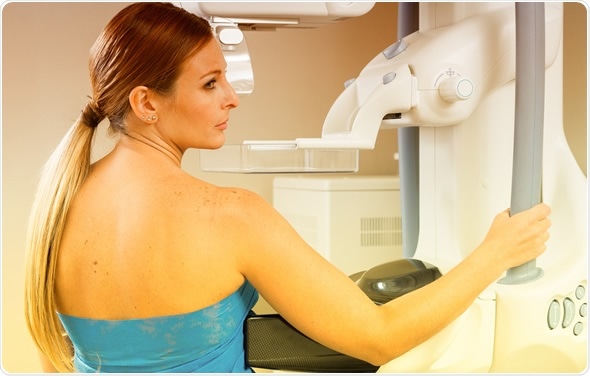Launching 1st March 2023. Also check out: https://www.thailandmedical.news/
Women should be encouraged to have an annual general health check-up to discuss medical history and lifestyle choices and to detect early signs of diseases and enable early interventions when possible.
Many health conditions, including cardiovascular disease, diabetes, and cancer, are associated with better health outcomes if they are diagnosed and treated early in the course of the disease.

Excess weight is a significant risk factor for many health conditions such as cardiovascular disease and diabetes.
Body mass index (BMI) and waist circumference are two important measurements that help to identify patients at risk of developing health conditions as a result of being overweight or obese.
Skin checks to assess for any changes such as the appearance of new spots or spots that have recently changed color or shape should also be carried out. This can be indicative of skin cancer and should be investigated further.
Heart disease is the leading cause of death for both women and men. Annual health checks should include monitoring for early signs of heart disease such as:
Diabetes is a health condition that commonly affects women, particularly those over the age of 45.
Fasting blood sugar level test is a screening test that measures the concentration of glucose in the blood after fasting and helps to identify patients with or at risk of diabetes.
This test should be carried out in women every one to three years, depending on the individual risk profile, according to age, BMI, medical history, and ethnicity.
Eyesight also tends to worsen as women get older and eye conditions such as glaucoma are more likely to affect women over the age of 40.
Eye health checks should be carried out regularly in women from this age onward, or earlier for women with a high risk of the condition.
Women with increased risk of eye conditions include those with a family history of eye disease and those who have are health conditions such diabetes, hypertension, or frequent migraines.
Eye health checks should be done at least biannually for women over the age of 50 and annually for those over 65 years.
There are several sexual and reproductive health checks for women that should be carried out on a regular basis.
A pap smear is recommended every two years for all women over the age of 20 who have ever had sex, until the age of 70. This screening test is useful to detect early signs of cervical cancer, which can often be prevented with adequate treatment. This test is indicated for all women, regardless of if they have had the human papillomavirus (HPV) vaccine, which can help prevent cervical cancer.
Screening for sexually transmitted infections (STIs) such as chlamydia and gonorrhea is recommended for every woman who is sexually active with multiple partners without using a condom.
This is particularly important for women under the age of 30, who are more likely to be engaging in unprotected sex with multiple partners.
A bone density test is a good indicator of bone health and the probability that a woman will be affected by osteoporosis.
This test may be performed for individuals with a family history or previous medical history of osteoporosis, but is not usually carried out as a routine test.
Women should be encouraged to perform self-checks of their breast to monitor for any changes or the development of lumps in the area. If they notice any changes, they should seek further medical advice to investigate the cause.
As the risk of breast cancer increases with age, regular screening for breast cancer with a mammogram is recommended for all women over the age of 50.
This should be done at least every two years and more often for women with a family history of the condition.
Bowel cancer is common in both men and women and can be screened for with a fecal occult blood test, which detects the presence of blood in the feces.
A positive test result should be followed by further investigations to confirm or reject the presence of bowel cancer, which can cause this symptom. This should be carried out biannually for all women over the age of 50.
The frequency of these health checks will depend on the age and specific risk factors of the woman. Many will not need to be carried out until the woman reaches a certain age, although some individual with higher risk will require early screening.
Annual health checks including a physical examination and consultation are recommended for all women, and the specific tests required each year could be discussed at this time.